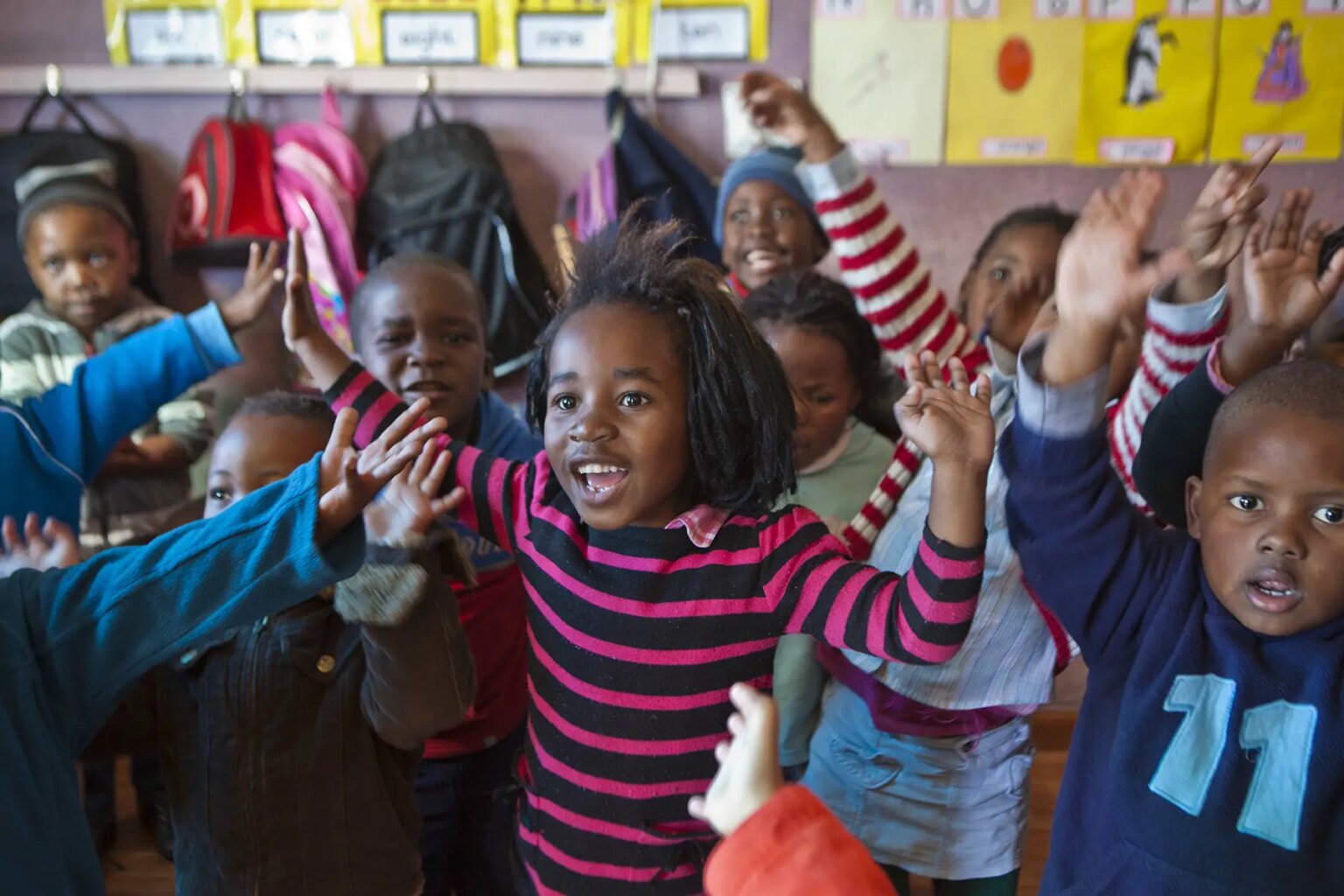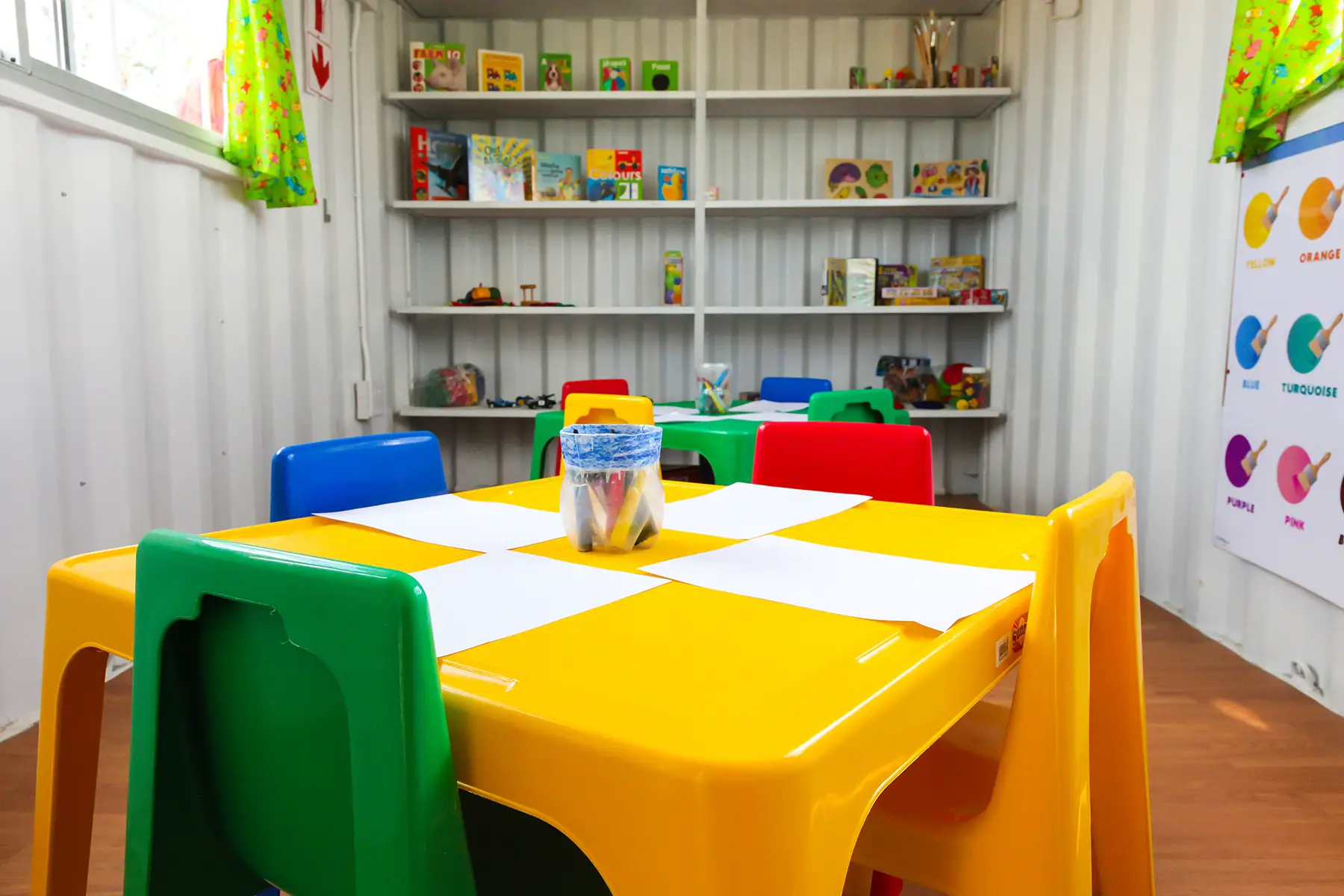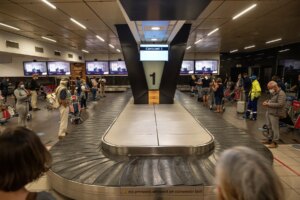Whether you move to the country as a family or have a baby while you’re here, expats with children need to figure out a few things. As well as finding the right family home, looking for good schools, and trying to keep them entertained with museums and sports, parents will probably need to figure out childcare options in South Africa. It can be a daunting task, so to help, this guide breaks down everything you need to know about childcare.
- Childcare in South Africa
- Who can access childcare in South Africa?
- Preschool and daycare in South Africa
- Nannies in South Africa
- Au pairs in South Africa
- Babysitters in South Africa
- Community childcare schemes in South Africa
- Childcare for school-age children
- Childcare during school holidays
- How to find childcare in South Africa
- Child benefits and allowances in South Africa
- Children’s healthcare in South Africa
- Becoming a childcare worker in South Africa
- Adoption in South Africa
- Useful resources
Childcare in South Africa
Childcare in South Africa comes in many forms, both public and private. For example, some young children attend state creches or pre-primary schools subsidized by the South African government. Others may go to private daycare centers or have nannies and au pairs. The government generally oversees the provision of these facilities with the Early Childhood Development certification.
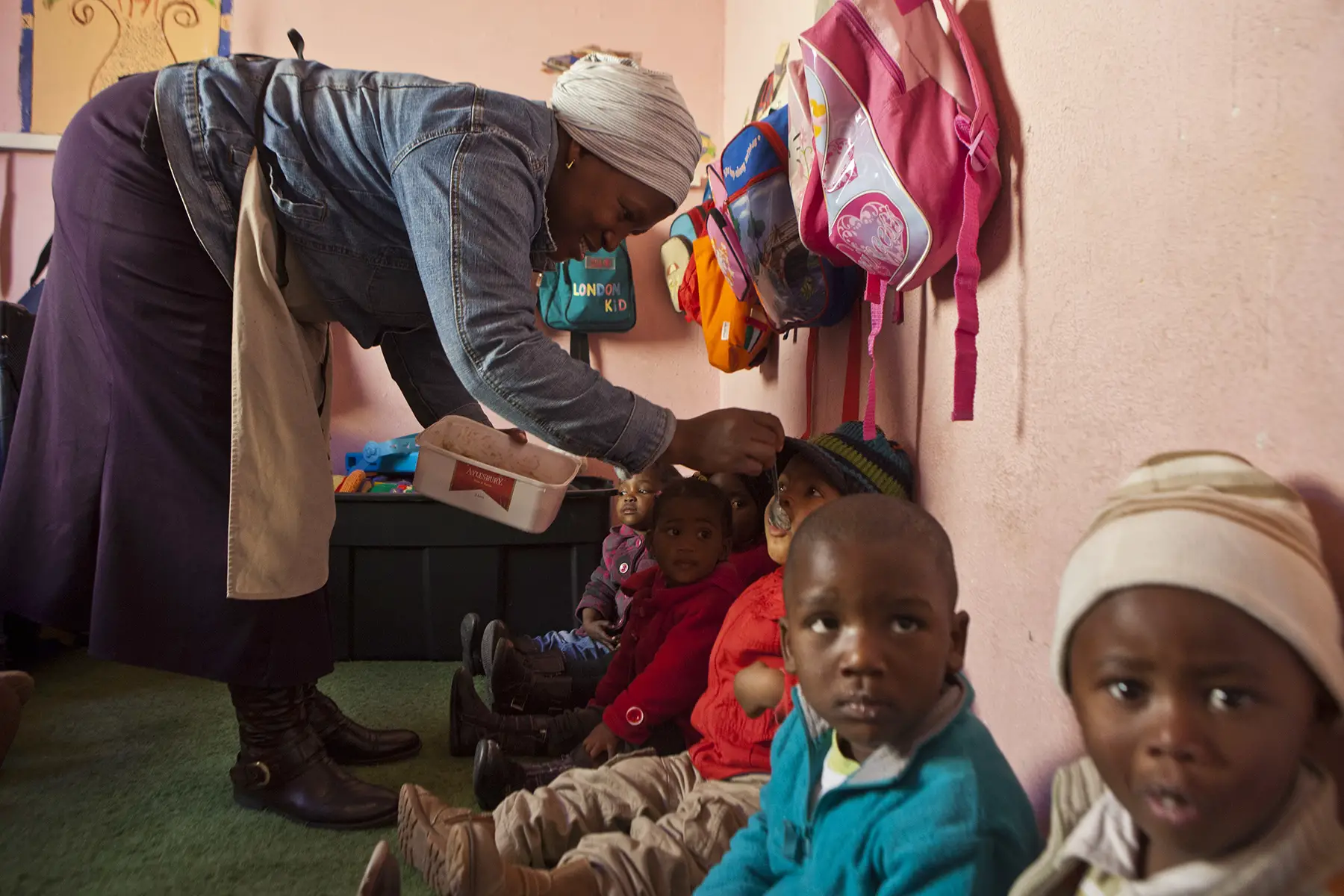
To help parents, South Africa’s Basic Condition of Employment Act (BCEA) mandates two options for parental leave when a child is born. Mothers can take up to four months of maternity leave, although this is not paid and mothers often feel pushed to return to work earlier than this. Since 2020, fathers have also been able to take 10 days of parental leave, which is also unpaid. After this, parents must return to work and find alternative childcare arrangements. Unfortunately, most companies in South Africa do not offer flexible working arrangements to help with childcare.
Who can access childcare in South Africa?
Almost any resident can access childcare in South Africa. In designated settings such as crèches, daycare centers, and pre-primary schools, parents simply register their child with their birth certificate, residence permit, and immunization record. In most cases, parents pay out of pocket for childcare costs.
Preschool and daycare in South Africa
Under South Africa’s education system, children do not begin compulsory schooling until the age of seven. However, many parents opt to send their children to nurseries or Grade R preschools instead, which can be public or independent.
South Africa has two preschool systems: one is funded by the national government and is regulated provincially while the other is independent, run either by municipalities or private companies.
There are two main components of early childcare: Pre-Grade R and Grade R. Nursery or Pre-Grade R schools cater to children between zero and four years of age. Grade R functions more as a pre-primary school where children aged five to six learn basic math and languages. Both levels aim to promote a child’s development in areas such as life skills, languages, mathematics, technology, and art.
Preschools are typically assigned to a school within a certain catchment area as set out by the relevant Provincial Education Department. Places are available to children that live outside of the catchment area, although children living within it have priority. Opting for a preschool associated with a school that you’d like your child to attend in the future may be a long-term choice worth thinking about.
Nannies in South Africa
Nannies provide a variety of childcare services in South Africa. Usually, their duties focus exclusively on looking after the children under their care. Nannies in South Africa often have basic childcare qualifications as well as first-aid certifications.
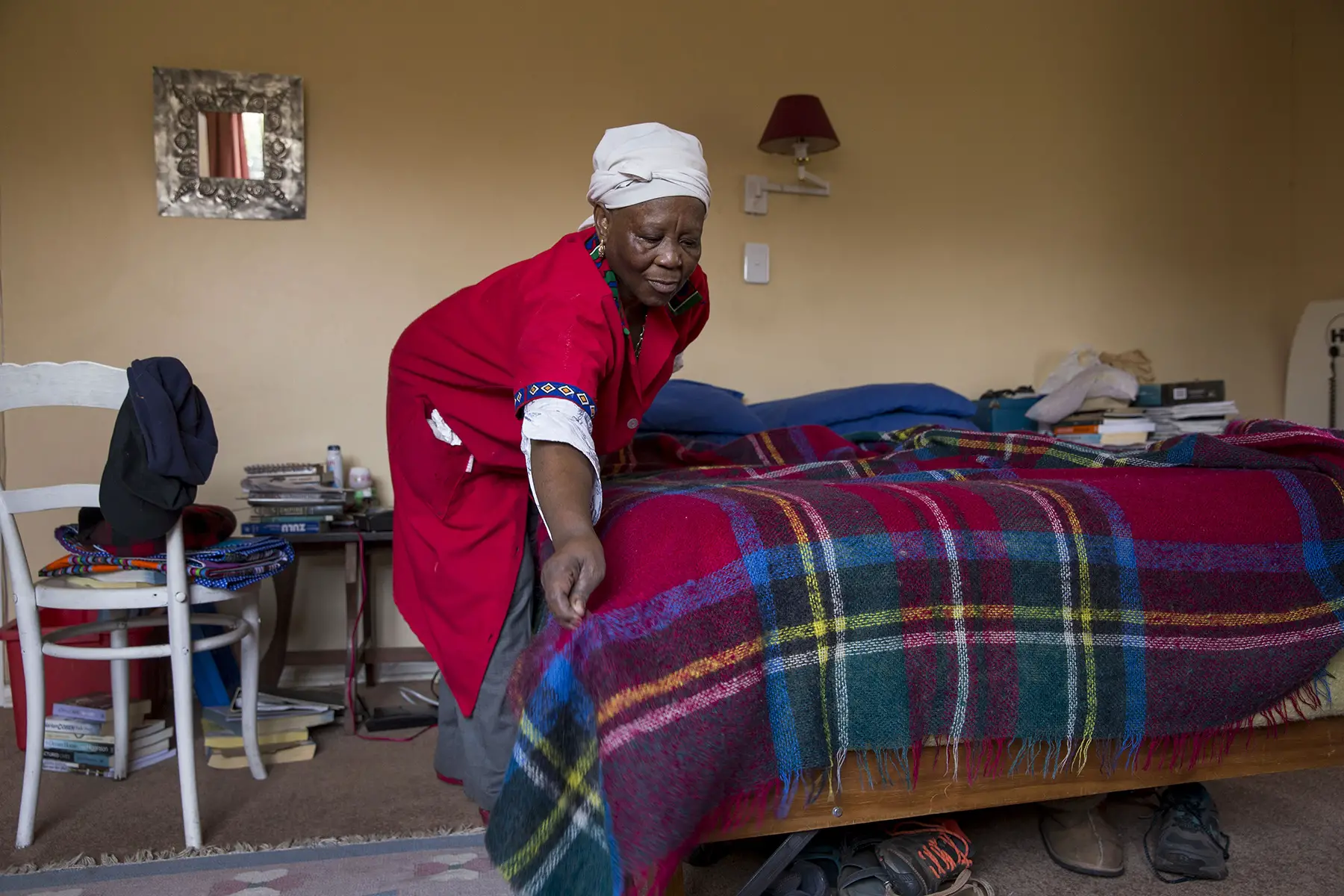
There are different types of nannies available, catering to parents’ specific needs. For example, it is possible to hire a night nanny, who can help look after the children at night so parents can get more rest. There are also domestic nannies, who also assist with household duties. In addition, nannies can also live in the home they work in, in order to provide more consistent care. Rates for nannies differ depending on how you employ them (e.g., working hours, time of day) and what their duties are. For example, rates for nannies in South Africa can range between R40–80/hour, although it is more common to pay a monthly rate.
Au pairs in South Africa
Au pairs are usually younger people from abroad with childcare experience and want to live in South Africa for a short period of time. They are generally between the ages of 18 and 24 and have verified references. Au pairs typically have at least a high school diploma, a driver’s license, and a cleared criminal background check. In South Africa, au pairs provide up to 45 hours of childcare each week and receive at least two weeks of holiday per year. Au pairs also live in the home they work in, so the family should ensure the home has enough space. While working, their duties might include meal preparation, bath- and bedtime, homework help, and driving the kids to activities. In addition, they might do some light housework such as laundry.
The starting rate for au pairs is R50/hour, although this can increase depending on age and experience. In addition, the family pays for their airfare, health insurance, and work visa. You can try looking for au pairs online through websites such as Au Pair SA or ABC Au Pairs.
Babysitters in South Africa
Babysitters are a more informal childcare option, but it is popular in South Africa among expat parents. These might be university students or nannies who come to your home to look after your child for a few hours at a time. This is useful if you only need occasional childcare, such as looking after the kids so you can have an evening out. Though rates can vary, expect to pay your babysitter between R80–120/hour. You could ask for recommendations for trusted babysitters from your friends and colleagues. But, you can also find some online on sites such as Babysits.
Community childcare schemes in South Africa
For parents with babies and toddlers, crèches and educare centers are a good childcare option in South Africa. These childcare facilities focus on looking after babies and children up to three years of age. The staff working at these centers usually provide care, meals, drinks, activities, and nap times for your children. Educare centers also offer some developmental activities to help your children with broadening their cognitive or social abilities.
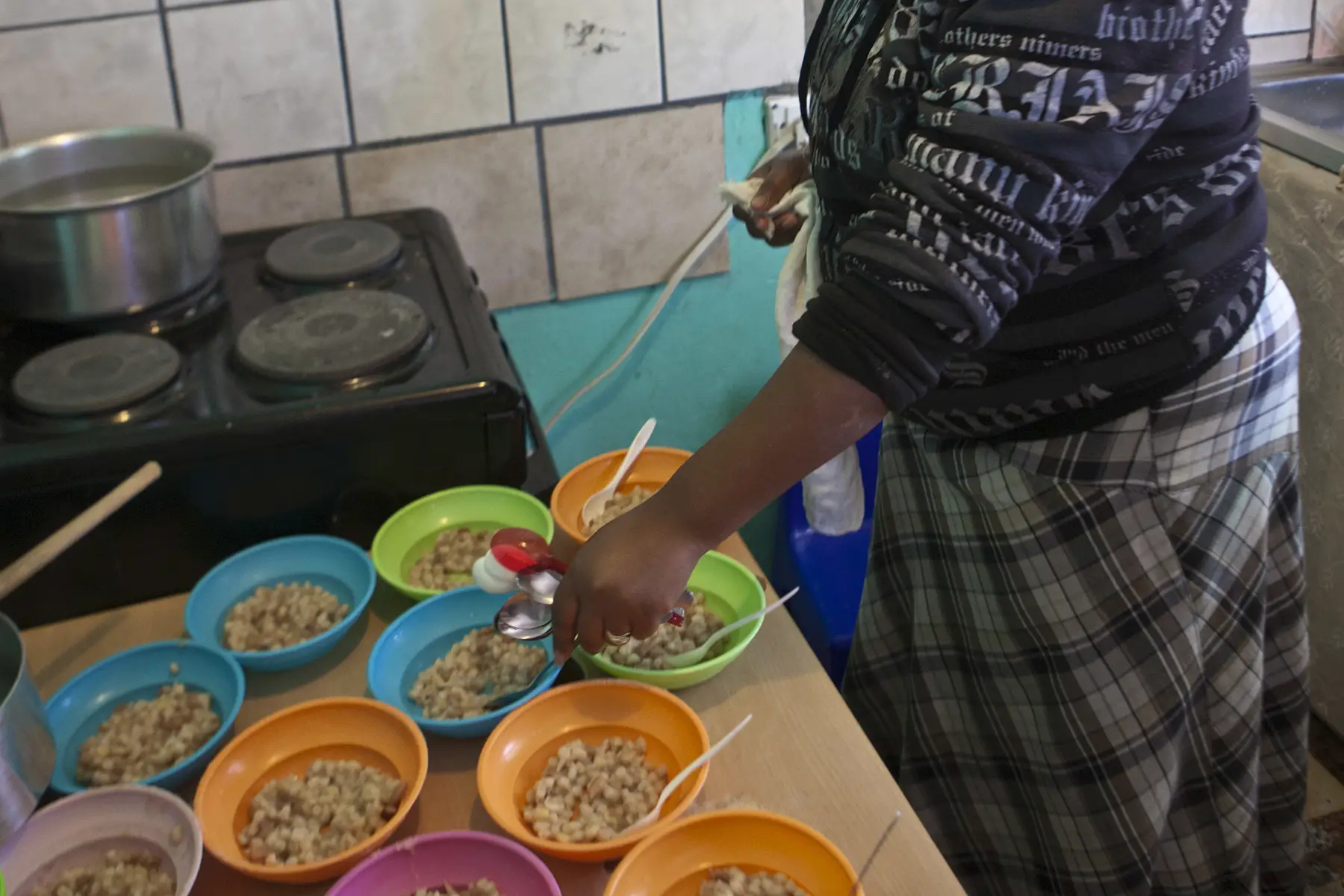
Crèches and educare centers are particularly useful for working parents. This is because they often open early—around 6:30—and can care for children for up to 12 hours. Parents pay out of pocket for these facilities, though, and fees range from R1,500–4,500/month.
Childcare for school-age children
Some schools in South Africa offer facilities and activities after school. In some cases, this may just be a communal space for students to play or do their homework. However, some schools offer more comprehensive after-school care that includes educational activities or sports.
There are also a variety of private organizations and clubs that children can go to after school. The exact offerings and costs at each differ greatly from city to city (or even neighborhood to neighborhood), though, so look closely at what is available near you.
Childcare during school holidays
School holidays in South Africa can be difficult for parents, who have to figure out childcare options for weeks at a time. Families with au pairs, nannies, or regular babysitters might find these times a little bit easier, as they can usually keep or extend their usual childcare arrangements. Younger children already in crèches or daycare centers may also be able to stay in these over school holidays.
Some parents choose to enroll their children in overnight holiday camps such as Happy Acres in Gauteng or Sugar Bay in KwaZulu-Natal. These offer several weeks of fun activities and socializing with other children under the guidance of camp counselors. Of course, costs can vary. For example, Happy Acres charges around R2,950–3,350 for a week at camp while Sugar Bay charges between R6,799 and R8,499.
How to find childcare in South Africa
In order to find reliable childcare in South Africa, many expat parents prefer to ask friends and colleagues for their own recommendations. This is because personal recommendations are often the best way to find trustworthy sitters and nannies. Thankfully, there are also a wealth of online resources that offer advice about finding childcare in South Africa and have listings for babysitters, au pairs, and nannies. Below are some sites that might be useful:
- Babysits – babysitter listings
- Handy Helpers – agency for in-home childcare
- SA Nanny – agency for in-home childcare
- Au Pairs SA – resource and listing site for au pairs and nannies
- Au Pairs – resource and listing site for au pairs and nannies
As you consider your options, think carefully about exactly what kind of childcare services you need. Do you need full-time assistance or just a few hours on occasion? Will the person helping you have domestic duties as well as childcare duties? Figuring all of this out before you start looking will help narrow your search and vet candidates.
Child benefits and allowances in South Africa
Although there are no specific childcare grants for childcare in South Africa, families do receive some child benefits. For example, low-income households can apply for the South African Social Security Agency grant to help pay for the basic needs of a child. You must meet certain requirements, however, such as being a South African citizen or permanent resident and earning less than R96,000/year as a couple and filling in an application form.
Children’s healthcare in South Africa
Children’s healthcare in South Africa is available through the national public healthcare system.
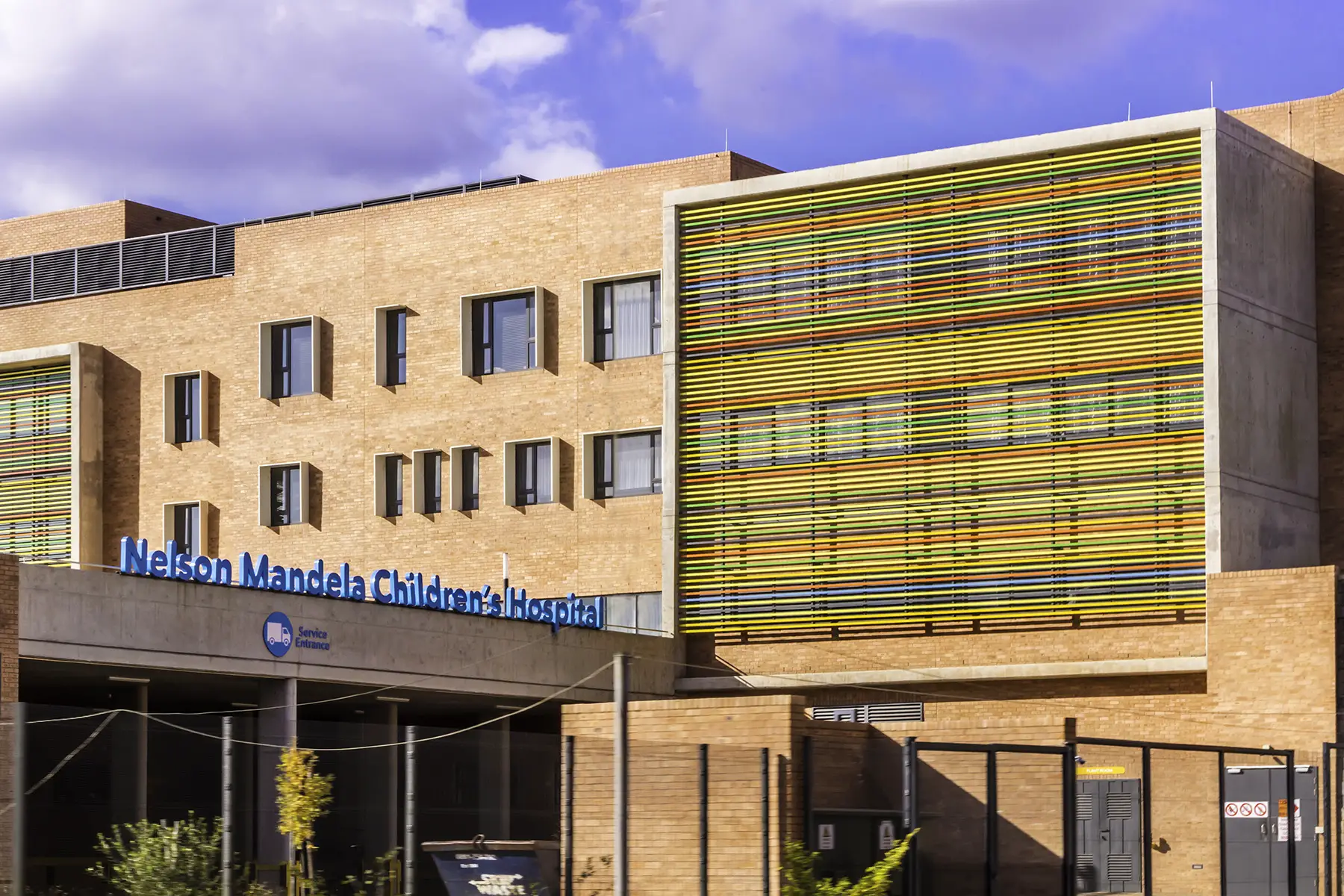
However, many expat parents prefer to enroll their children in a private healthcare scheme. This is mainly because private healthcare in South Africa usually ensures access to higher-quality facilities with a wider range of services. As in many countries, general practitioners and pediatricians in South Africa are the first port of call for the care of children. You can expect these doctors to cover routine childhood checkups, vaccinations, and basic illnesses.
Becoming a childcare worker in South Africa
Prospective childcare workers in South Africa must meet certain requirements in order to work in the field. However, these requirements differ depending on what type of services you wish to offer.
For example, a nanny usually requires early childcare qualifications, certifications in CPR and first-aid, and must pass criminal background checks. It can also be useful to join a professional organization for nannies, such as the International Nanny Association.
In order to run an official Early Childhood Development Center, though, more effort is necessary. First, you must comply with a host of national standards, including registering with the provincial government and ensuring the facility is safe and sanitary for children. Then, you have to apply to register the facility at your local provincial government office or department of social justice office. With the application, you provide details such as your qualifications and experience, a description of the program and services on offer, as well as a business plan and constitution.
Be prepared to wait, though; South Africa’s Department of Social Development warns that registration certificates alone can take up to three months.
Adoption in South Africa
If you intend to foster or adopt a child, there are also some formalities to go through. First, apply to your Department of Social Development office as a foster parent. A social worker then investigates you and your living situation. If appropriate, the social worker then takes the case to Children’s Court, where a presiding officer issues a court order to place a foster child in your care for a designated period. If you want to adopt a child, though, prospective parents must work with a registered adoption agency.
South Africans, or expats intending to adopt a South African child, can go through the national adoption process. This involves a screening of your home, after which you are added to the Register of Adoptable Children and Adoptive Parents. When a child is found, you meet them and decide whether or not to go ahead with the adoption. If so, you go to Children’s Court in order to finalize the adoption.
Useful resources
- ABC Au Pairs – resource and listing site for au pairs and nannies
- Au Pairs SA – resource and listing site for au pairs and nannies
- Babysits – site with babysitter listings
- Handy Helpers – agency for in-home childcare
- International Nanny Association – professional organization for in-home childcare
- SA Nanny – agency for in-home childcare
- South Africa’s Department of Social Development – government agency that oversees the provision of childcare
